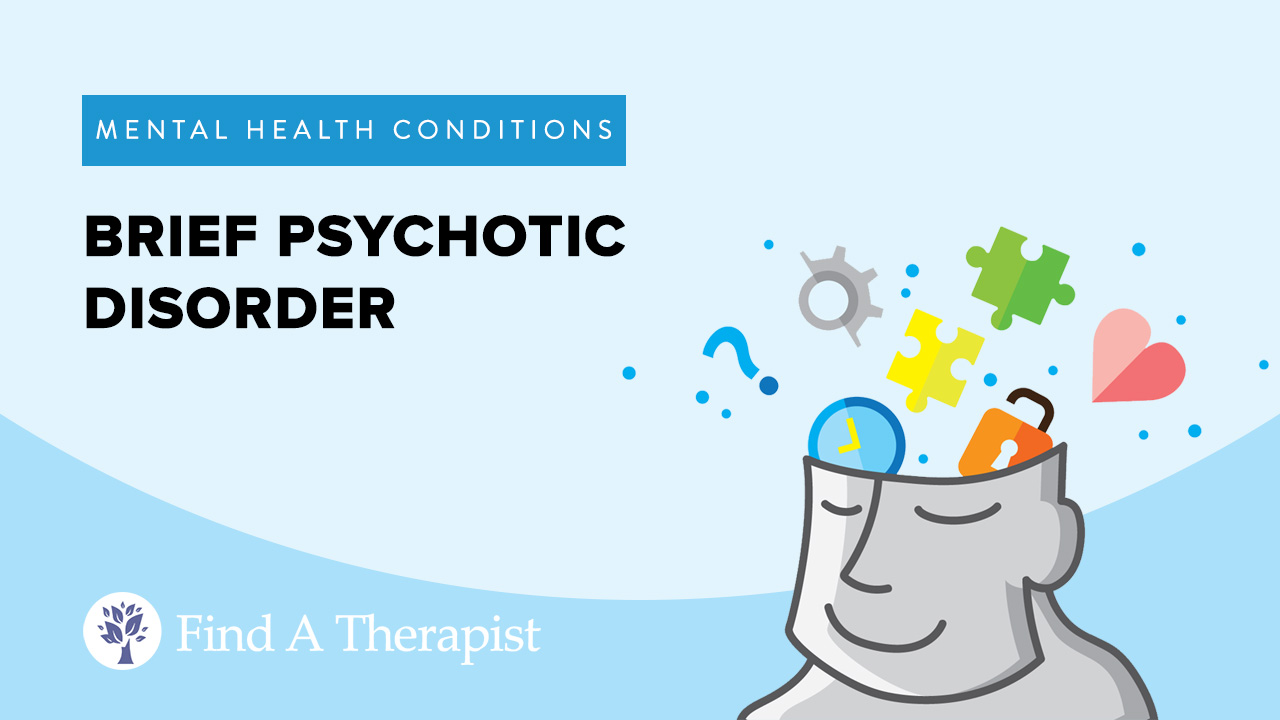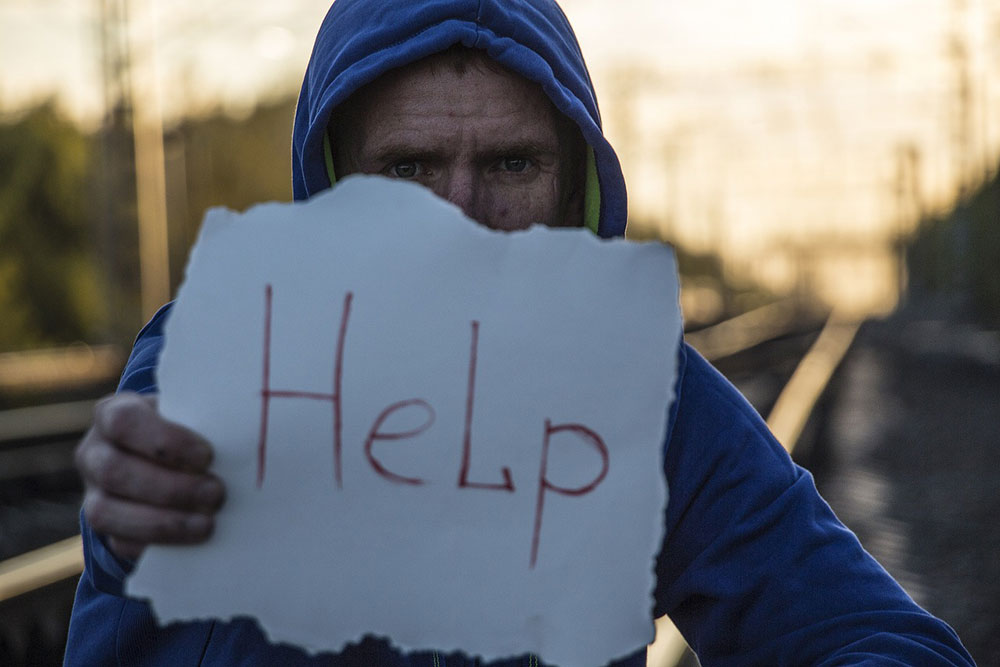What It’s Like To Have A Psychotic Break
Published on October 22nd, 2018
Updated on January 8th, 2024

A psychotic break is an incident in which a person loses touch with reality. This typically happens as the result of severe stress or emotional distress. A psychotic break can also occur as a result of drug use or withdrawal.
Professionals may also refer to a psychotic break as psychosis or brief psychotic disorder.
A psychotic break can be dangerous for an affected person or those around them. Suffering from a psychotic break requires immediate medical attention.
A person who suffers from a psychotic break loses touch with reality. As a result, they suffer from alarming symptoms. Symptoms that cause distress for the affected person and loved ones include:
Sponsored by

Choose a therapist to work with and start healing with 20% off from BetterHelp.
Click Here- Paranoia
- Hearing voices
- Seeing things that are not really there
- Developing strange and untrue beliefs that do not reflect one’s religion or spirituality.
- Disorganized or impulsive behavior
A person who is suffering from a psychotic break will struggle to tell the difference between what is real and what is not real. This will cause them intense distress. They may begin to show disorganized behavior. Their speech may also be disorganized or incoherent.
A person who is having a psychotic break will go through periods of fear and disorientation. They will lose awareness of their present environment, what is going on around them, and their behavior.
People who are suffering from psychosis will act out in alarming ways. They can cause harm to themselves and the people around them. Knowing the causes and symptoms will help to prevent a psychotic break.
Symptoms and Warning Signs of a Psychotic Break
Adolescents and adults can have a psychotic break. Symptoms can last up to one month or longer. If the psychotic symptoms persist for longer than one month, then the affected person may be suffering from a mental health disorder that causes psychosis.
The symptoms of psychosis cause an affected person to lose touch with reality. When in a psychotic state, a person can potentially cause harm to themselves or others. For this reason, it is critical to seek help before one reaches a psychotic episode. It is also important to seek immediate care for a person who is having a psychotic episode.
Symptoms and warning signs of a psychotic break include:
- Delusions
- Hallucinations
- Disorganized or incoherent speech
- Disorganized or impulsive behavior
- Catatonic behavior
- Flat affect

Risk Factors of Psychotic Break
There could be different reasons why a person has a psychotic break. The cause of the episode will depend on the affected person’s situation.
Stressors that can contribute to a psychotic break include:
- High stress or poor stress management skills
- Life events, phase of life issues, or grief
- Undiagnosed or untreated mental illness
- Bipolar disorder with psychotic symptoms
- Schizophrenia and related disorders
- Severe depression
- Substance use
- Mental health or physical health issues
- Environmental stressors
Some circumstances place a person at higher risk of suffering from a psychotic break, like:
- Postpartum depression
- Trauma and post-traumatic stress disorder
- Traumatic brain injury
- Stroke
- Medical issues
- Insomnia or sleep deprivation
- Unresolved and complicated grief
There are predisposing risk factors associated with psychosis. Predisposing risk factors are risk factors that a person may inherit or have little control over. These risk factors often exist from birth or childhood. They increase a person’s risk of suffering from a psychotic break at least once in their life.
Risk factors of a psychotic break include:
- Genetics
- Family history of mental illness or addiction
- Environmental factors (violence or chaos in the home or environment)
- History of neglect, trauma or abuse
- Suffering from other mental health disorders
- Failure to learn effective stress management skills

Professional Help for Psychosis
A person will typically only experience one psychotic episode, but sometimes they may experience two or more. To ensure their safety, an affected person will need to be closely monitored by a mental health professional for up to one year following a psychotic break.
Therapy will be recommended for further monitoring and screening for mental illness. It can also help for learning skills for coping with stress, which can prevent a following psychotic break.
Attending therapy sessions will lessen the chances of experiencing another episode. The approach for therapy is determined on a case-by-case basis. This is because several different underlying causes may contribute to someone suffering from a psychotic episode. Each treatment plan for psychosis depends on the affected person’s unique needs.
Determination for the best therapeutic approach for the affected person considers the following factors:
- Previous history in therapy
- Underlying causes of psychotic episode
- Genetic factors that triggered onset
- Substance use
- Stress management skills
- Co-occurring mental health disorders
A person who has had a psychotic break may be prescribed antipsychotic medication as well as therapy. They will also be under the supervision of a psychiatrist.
Sponsored by

Find an affordable therapist online with 20% off from BetterHelp.
Click Here






Leave A Reply